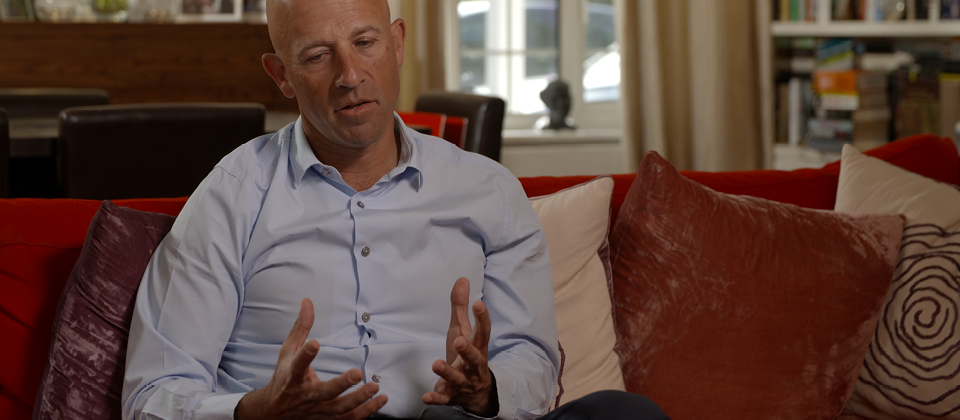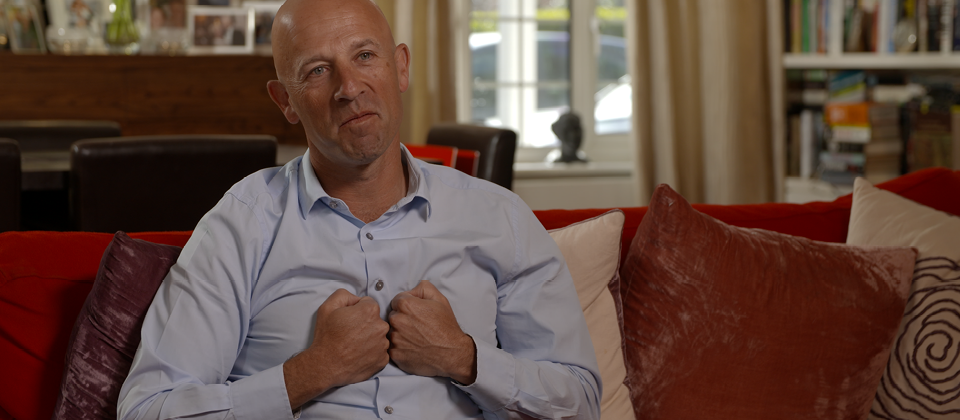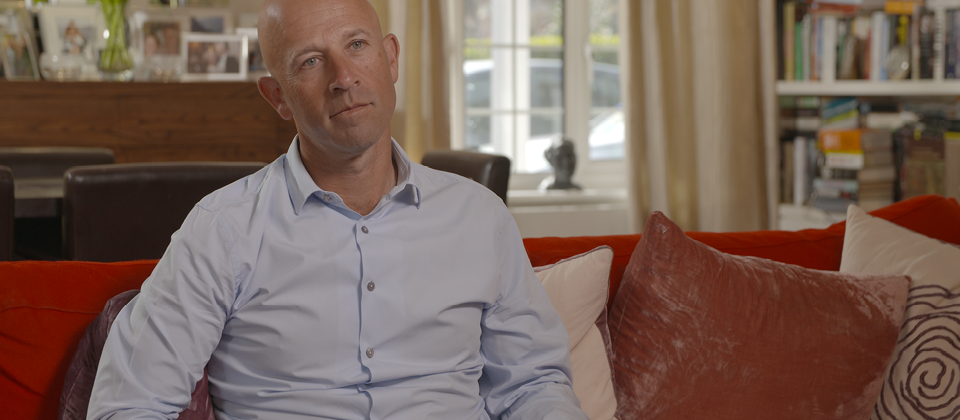This World Mental Health Day, we’re surrounded by statistics – and they are shocking. One in five women and one in eight men in England say they have a mental illness.
And as well as affecting how we live, it’s also affecting how we work. In fact, the theme of 2017’s World Mental Health Day is ‘mental health in the workplace’.
There’s no denying that organisations need to sit up and take notice. The NHS reports that 5 million people are signed off from work with mental health problems every year, and 60 per cent of employees say they’ve experienced mental health issues because of their jobs.
So how can organisations do their bit and how can we as internal communicators offer support? Some argue the answer lies in a comprehensive wellbeing programme, others in designing an office environment that inspires a calm, healthy mind-set.
 Perhaps the first thing we can do is to bring mental health issues out into the open through our communications and dismiss any stigma. After all, the BBC reports that 90 per cent of people with mental health problems say they have suffered discrimination.
Perhaps the first thing we can do is to bring mental health issues out into the open through our communications and dismiss any stigma. After all, the BBC reports that 90 per cent of people with mental health problems say they have suffered discrimination.
We need to make sure we’re engendering a professional environment where employees know it’s OK to speak up about mental health, as easily as they would about a physical ailment.
Leading law firm Clifford Chance realised this was exactly what they needed to do.

How can a video break down taboos?
The fast-paced, highly competitive corporate world can be thrilling and rewarding, but it can also be stressful and lead to a culture where people don’t want to admit mental health issues that could be perceived as ‘weakness’.
As Julien Deamer, Internal Communications Specialist – Publishing at Clifford Chance, says, “Clifford Chance is taking a leading role in a campaign by corporate business in London to end the stigma surrounding mental illness and to support employees reaching their full potential.”
Sequel worked with Clifford Chance to produce a video that would break down taboos and encourage employees to ask for help. The subject was a senior partner, who says his world fell apart after he lost his wife to depression-linked suicide.
 As Julie Sander, Sequel’s Senior Producer, says, “These were experiences that had to be handled incredibly sensitively. We did away with any graphics or special effects to simply let the partner speak for himself, in a relaxed setting at home with his children, and at his own pace.”
As Julie Sander, Sequel’s Senior Producer, says, “These were experiences that had to be handled incredibly sensitively. We did away with any graphics or special effects to simply let the partner speak for himself, in a relaxed setting at home with his children, and at his own pace.”
But as well as helping employees connect with “a very personal story in a powerful way”, there was another driving force behind the video. “It also highlights the support of the firm’s management to build an open and inclusive working environment, one in which employees can feel confident that when they raise these issues they will be treated with respect and not be judged,” says Julien.
So how does Clifford Chance inspire that feeling of openness and inclusion? They have different strands of support available – such as resilience training, a global Employee Assistance Programme and online counselling – and used the video to highlight and encourage employees to use them.

The video has also received acclaim from the industry, winning EVCOM Clarion, EVCOM Screen and CIPR #InsideStory Awards and an IoIC Award of Excellence. Julie adds, “While naturally we’re proud of the video’s success, we’re especially pleased that the importance of raising mental health awareness at work is being recognised.
“When handling sensitive issues like mental health and wellbeing, personal and compelling videos have the power to really connect with audiences. When you watch the senior partner’s plea for people to come forward and seek out help you can see, hear and feel that it’s genuine, in a way that may not come across as effectively in another medium.”
Rebecca Leonard, Communications and Content Manager, Sequel
See how the power of CSR video packed a punch at ZSL London Zoo.